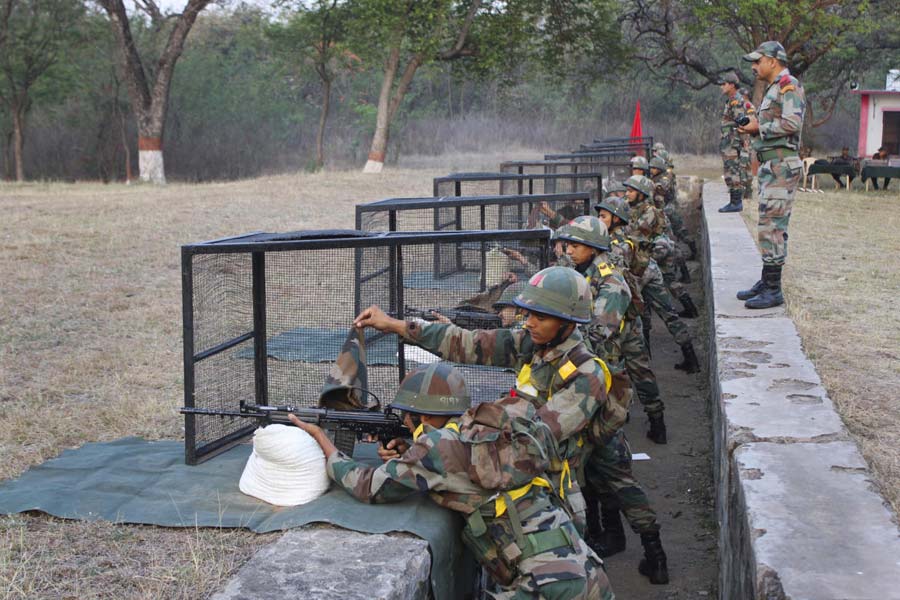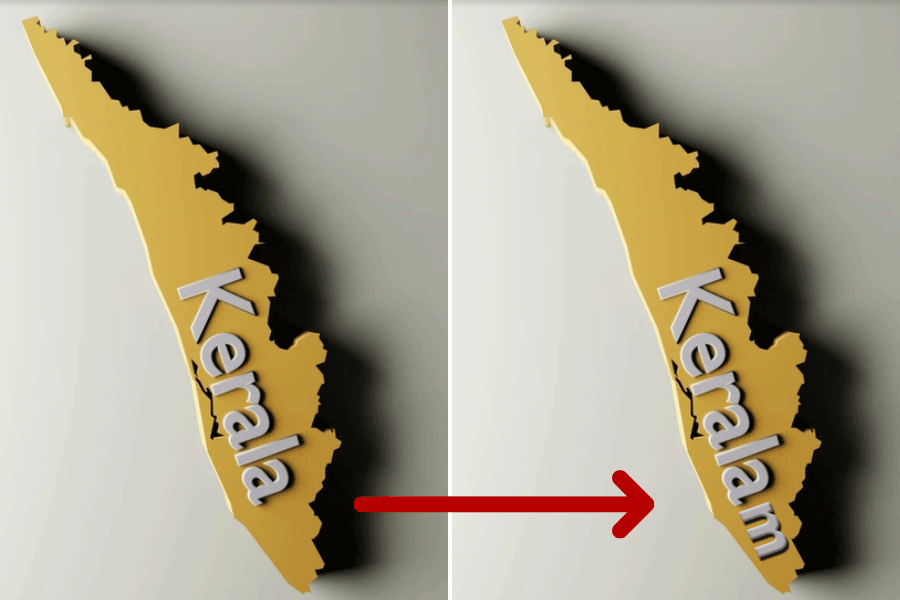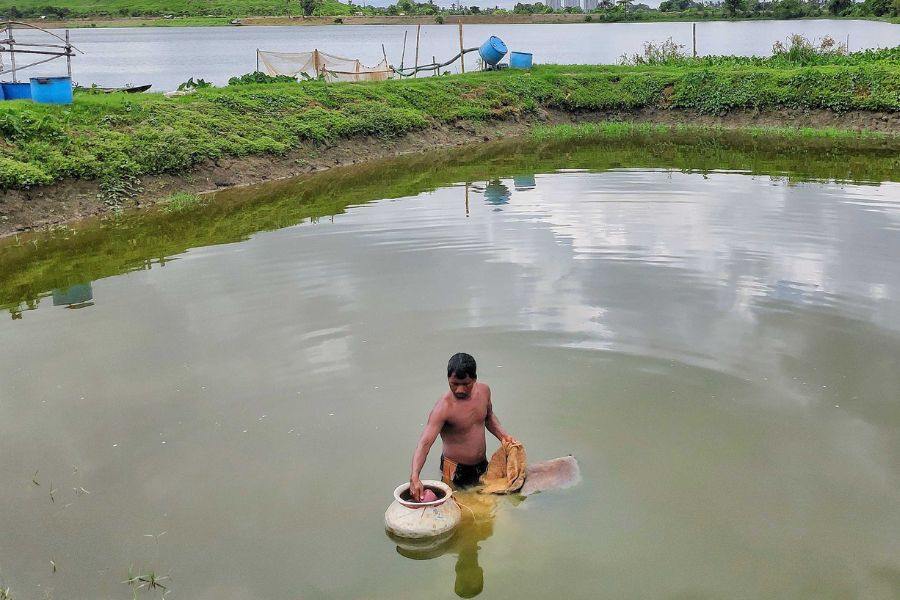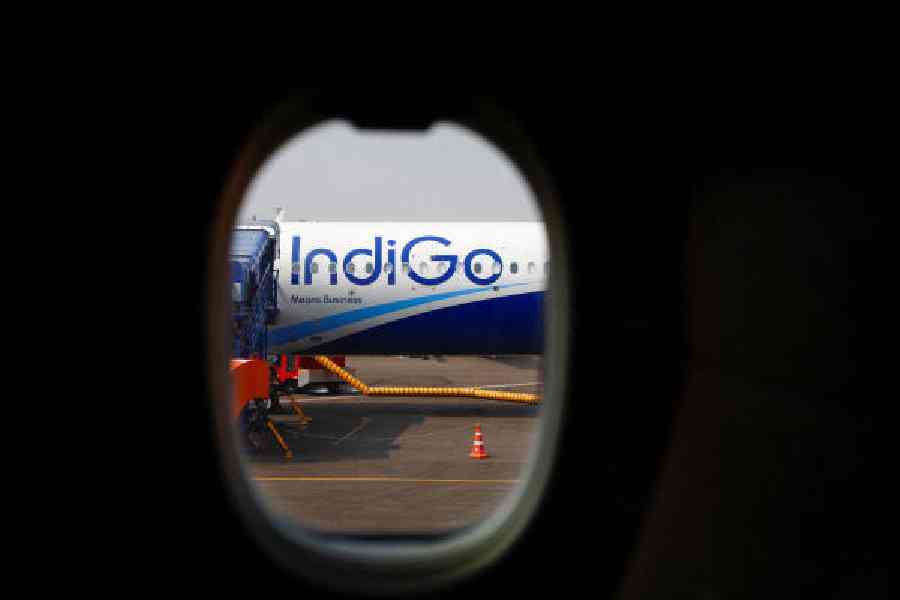The Agnipath scheme of short-term recruitment to the military, which Prime Minister Narendra Modi calls a “necessary reform,” has shattered the dreams of young men from poor families who nursed the ambition of serving in the armed forces, a ground report has revealed.
Seventy-five per cent of the Agnipath recruits, known as Agniveers, are to be demobbed after four years without pension or gratuity. Many veterans have said the scheme, launched in June 2022, would damage morale and professionalism in the armed forces.
Last year, the mother of Captain Anshuman Singh, who died while saving his colleagues from a fire at an Indian Army ammunition dump at Siachen in July 2023, urged the Narendra Modi government to scrap the Agniveer scheme “immediately”.
“Some people are spreading the misconception that the government has brought in this scheme to save pension money,” Modi had said at a gathering in Dras, Ladakh, on the 25th anniversary of the Kargil victory.
“The question of pension for today’s recruits will arise after 30 years,” Modi had said in Dras. “Why would the government take a decision on it today? It should leave it to the governments of that time. We have respected this decision taken by the armed forces because we put rashtraneeti [governance] over rajneeti [politics].”
He said the scheme represented a “necessary reform by the armed forces”, prompted by concern over the average age in the Indian military outstripping the global average.
“We have addressed this through the Agnipath scheme. The goal is to keep the forces young and ready for war at all times. Unfortunately, a sensitive issue connected to national security was made a matter of politics by some people,” the prime minister said.
The People’s Archive of Rural India (PARI) spoke with four young men from Bihar whose dreams of joining the military were shattered by the Agnipath scheme.
One of them, Bittu Yadav, qualified for both the running and physical tests in 2021. Before he could take his written exam, the government introduced Agnipath in 2022 and his recruitment was cancelled.
Yadav couldn’t apply again because he had already crossed the age limit of 21.
Yadav now works at a steel manufacturing unit in Jharkhand. He said, “Joining the army was my passion... but Agnipath destroyed my career.”
Another aspirant, Vikas Kumar, had to stop physical fitness training for army recruitment due to the Covid-19 pandemic. Before the lockdown, he followed a rigorous training regimen, running 4–5 laps on the 400-metre track at the Arrah airport ground to complete 1.6 kilometres every day.
“I would cover that distance in around 5 minutes and 20 to 25 seconds,” he recalled.
Male candidates must complete the 1.6 km race in 5 minutes and 30 seconds to qualify for army selection.
In June 2022, the Union Cabinet approved the Agnipath scheme as the pandemic was ending, crushing Kumar’s aspirations.
“I feel my training has been wasted. I can’t retire at the age of 26,” Kumar said.
For lakhs of rural youth, the Indian Army has long served as both a career opportunity and a path out of poverty.
Before 2020, the armed forces recruited an average of 61,000 personnel annually. Under Agnipath, annual short-term recruitment has dropped to 46,000, as reported by PARI, of which the journalist P. Sainath is the founding editor.
Leader of the Opposition in the Lok Sabha Rahul Gandhi has repeatedly criticised the Agniveer scheme.
In the Lok Sabha in July last year, Rahul Gandhi had dubbed the Agniveer scheme as "use and throw" labour. He likened its arbitrary implementation to demonetisation.
He argued that the scheme discriminated among soldiers, noting that Agniveers were neither accorded the status of martyrs if they lost their lives in war nor provided with pension. He drew on his experiences from the Bharat Jodo Yatra to underscore what he called the discontent among soldiers.
Reports suggest that several BJP leaders from Rajasthan, Haryana, and Uttar Pradesh informed the party’s senior leadership that discontent over the Agnipath scheme contributed to their losses in the 2024 Lok Sabha elections.
Bihar witnessed violent protests when the government announced the scheme in 2022. By 2024, the BJP’s alliance partners in Bihar — Nitish Kumar’s JDU and the LJP — urged the Modi government to reconsider the policy.
The BJP-led alliance’s seat tally in Bihar fell from 39 in 2019 to 29 in 2024, out of 42 seats.
With the Bihar Assembly election due later this year, the Agnipath scheme is sure to come under scrutiny again.












